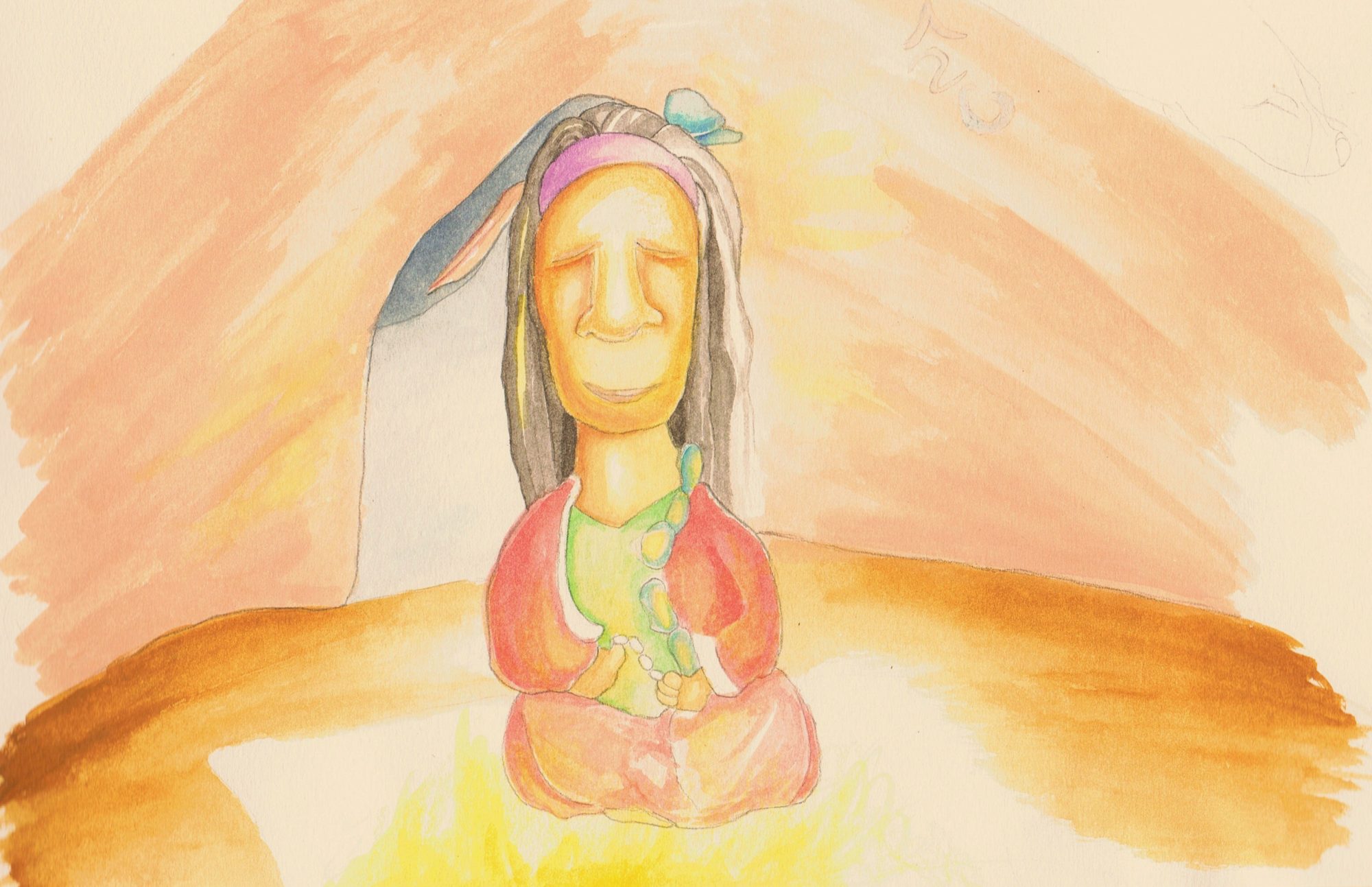We interpret the world with our senses. This is how we make sense of the world.
We interpret the physical world with our physical senses. It is normal, as we get older, for our senses to decline. Our eye sight diminishes, as does our sense of hearing. With dementia, our sense of taste, sense of smell and also our sense of touch also decline.
We interpret the world sub-consciously with our sense of instinct. With dementia, our instinctive senses also decline. As our thermal sense becomes less acute, our sensitivity to temperature becomes more acute. As the temperature falls, sensitivity to cold rises, with an inability to regulate body heat effectively. As our vestibular sense of balance becomes faulty, we need help & support to sit or stand and a walking aid to manoeuvre short distances. Our loss of emotional sensitivity promotes mood swings, anxiety, confusion & frustration. With the inability to temper our emotions, it becomes very difficult to relate in a positive way, with those who care for us. As our kinaesthetic sense of movement becomes impaired, we recoil into our shell, as the external world appears more and more dangerous, risky & difficult to cope with.
We never lose our intuitive senses, even with dementia. However, being unaware of our intuitive sense of feeling, knowing & seeing means we remain unaware of our sense of intuition, whether we have dementia or not. Any intuitive connection to life, that I may have, I retain with dementia; although others may deem it to be an aberration of an addled brain.
Dementia eventually becomes an exploration of life without any sense of direction, sense of clarity, sense of presence or any sense of who we are.
We all become relatively demented to some degree as we approach the later years of life. Without a sense of purpose, varying degrees of senile dementia are what we all have to look forward to.
